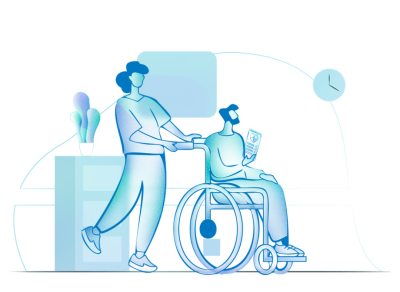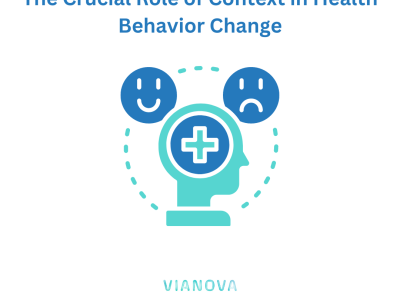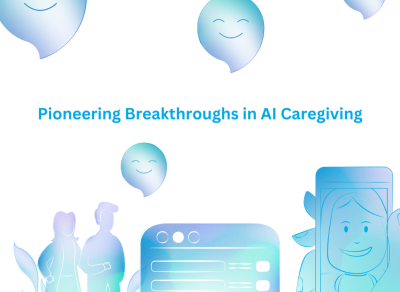
The Power of AI in Chronic Disease Management with Vianova: Enhancing, Not Replacing, Human Care
Artificial Intelligence (AI) has the potential to play a transformative role in chronic disease management, particularly in Chronic Care Management (CCM). Designed by the Centers for Medicare & Medicaid Services, CCM aims to improve health outcomes for Medicare patients living with two or more chronic illnesses. Vianova’s AI tools can significantly enhance the efficiency of CCM coordinators by automating repetitive tasks and providing valuable insights. However, AI should complement, not replace, the human touch essential in patient care.
In this blog, we explore the potential and limitations of integrating AI into CCM services, highlighting where AI should and shouldn’t be used, and how Vianova’s solutions make a difference.
The Human Element: Irreplaceable in Patient Care
AI can assist care coordinators by providing insights into patient sentiment, condition management, and available resources. However, it cannot replace the human connection essential for effective patient care.
Regular, personal interactions between patients and their care coordinators foster trust and ensure a deeper understanding of each patient’s unique circumstances, which is especially important for those dealing with chronic illnesses and emotional challenges.
Where AI Shouldn’t Be Used
1. Patient Interaction: Direct communication with patients should always involve a human care coordinator. The emotional support and personalized interaction provided by a human cannot be replicated by AI. Patients benefit from speaking to the same coordinator, building a trusting relationship over time.
2. Emotional Support: AI lacks the empathy required to support patients emotionally. Many patients with chronic conditions experience loneliness or depression, and the ability to talk to a compassionate human can be as important as medical care.
Opportunities for AI in Chronic Disease Management
While AI cannot replace human care, it can enhance the efficiency and effectiveness of CCM in several areas, especially when powered by Vianova’s advanced AI solutions:
1. Quality Improvement
Vianova’s AI-driven call auditing and sentiment analysis tools can analyze patient-care coordinator interactions, providing insights to improve communication and support. These tools help care coordinators become more engaging and supportive, enhancing the quality of patient calls.
2. Risk Assessment
Predictive modeling capabilities of Vianova’s AI can analyze data such as blood glucose levels, blood pressure, and medication use, identifying patients at risk of worsening conditions. Vianova’s AI alerts can prompt care coordinators to address potential issues proactively.
3. Condition Management
Vianova’s AI can assist in crafting personalized care plans by suggesting reasonable goals based on a patient’s history and lifestyle. For instance, AI can propose gradual steps to reduce soda intake, which care coordinators can adapt and present to patients.
4. Patient Engagement and Education
Vianova’s AI can recommend reliable educational resources tailored to patients’ needs, including articles, videos, and infographics in multiple languages and formats. This supports patients in understanding their conditions and participating actively in their care.
5. Efficiency Improvements
Vianova’s automation tools, like autodialers and AI-driven chart reviews, help care coordinators manage their workload more efficiently, allowing them to focus more on patient interaction and less on administrative tasks.
The Future of AI in Chronic Disease Management
The integration of AI into CCM offers promising opportunities to enhance patient care by making it more personalized, efficient, and equitable. However, it is crucial to remember that AI is a tool to empower human care coordinators, not replace them. The primary goal of CCM is to provide patients with continuous access to healthcare professionals, ensuring that their chronic needs are met with empathy and expertise.
With Vianova’s innovative AI solutions, we can improve the efficiency and effectiveness of Chronic Care Management programs, allowing care coordinators to focus on what they do best: caring for patients. AI can help transform chronic disease management, but the human connection will always remain at the heart of patient care.



FEEL FREE TO DROP US A LINE.